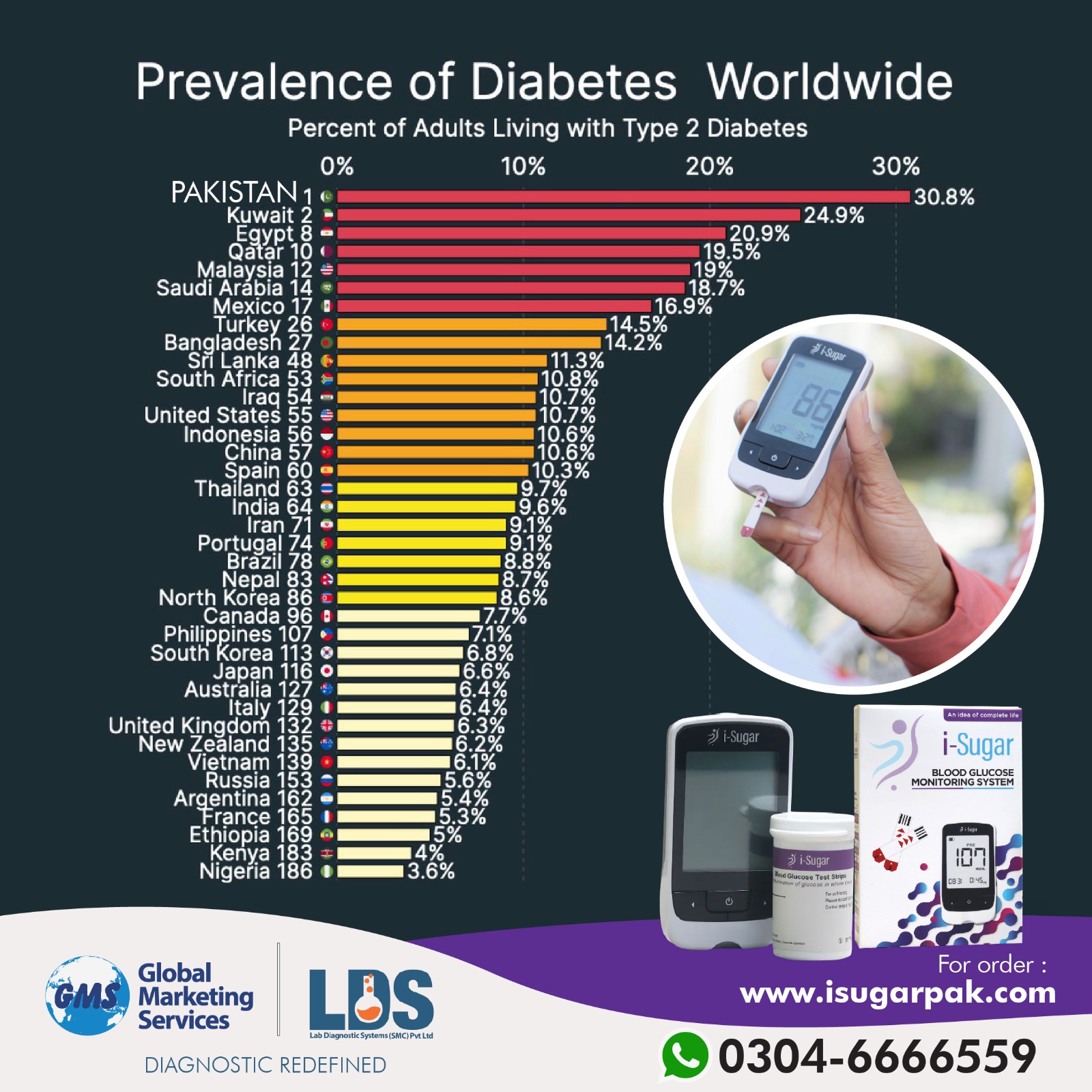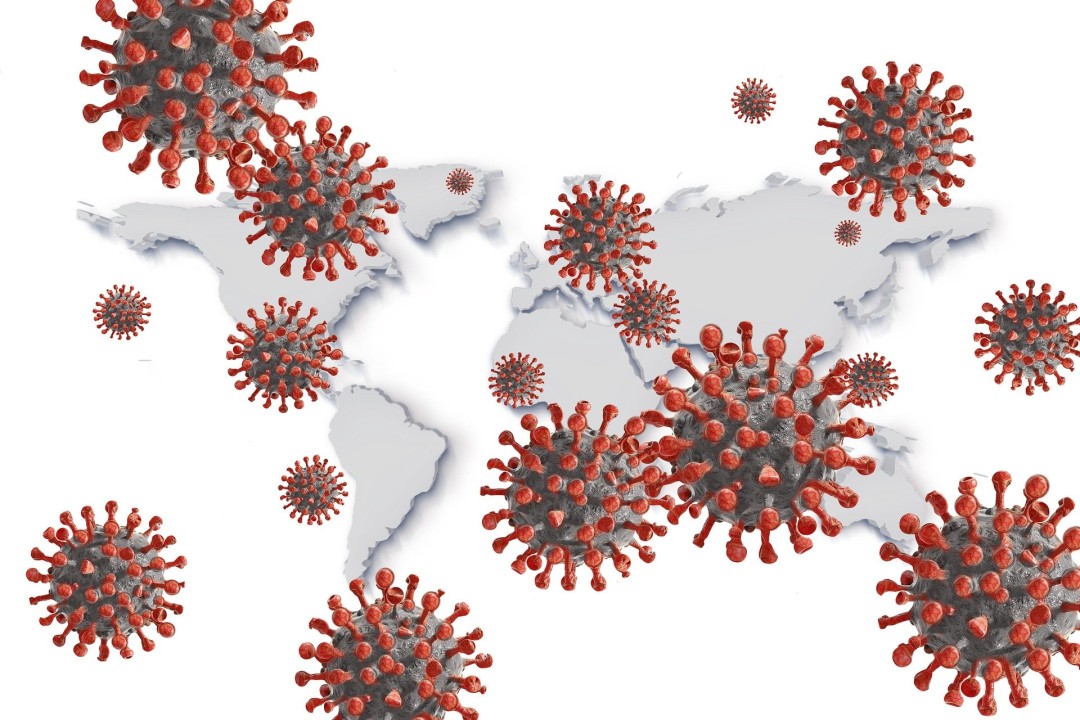Advancing Women’s Health in Pakistan: Overcoming Challenges Through Innovative Diagnostic Solutions
Women’s health is a crucial aspect of public health that requires dedicated attention and resources. In Pakistan, a developing country with a population exceeding 220 million, women’s health faces numerous challenges. Despite these hurdles, advancements in diagnostic solutions from global health companies offer hope for improved health outcomes. Women in Pakistan face a range of health issues, many of which are exacerbated by socio-economic factors. Some of the most prevalent health problems include reproductive health concerns, breast cancer, osteoporosis, and cardiovascular diseases. Maternal health remains a significant concern, with Pakistan having one of the highest maternal mortality rates in South Asia. Complications during pregnancy and childbirth, often due to inadequate healthcare facilities and lack of prenatal care, contribute to this statistic. Breast cancer is the most common cancer among women in Pakistan, with late diagnosis and limited access to effective treatment options being major challenges.
According to the National Report on the Status of Women in Pakistan, 2023 by UN Women, many commitments under the National Health Vision (NHV) 2016-2025 have not been realized. Health spending is significantly below the committed 3% of GDP, hindering improvements in the healthcare system and causing many to rely on private healthcare. About 59% of health expenditures are from the private sector, with 88% being out-of-pocket by households. Although public health spending has increased, it remains below the WHO-recommended 5%. Access to healthcare is particularly challenging for women in rural or remote areas, affecting services like antenatal and postnatal care, reproductive health, and cancer treatments. Hospital deliveries are 64% in rural areas compared to 85% in urban areas, and 66% of rural women find the distance to health facilities problematic.
Awareness campaigns are essential to promote early detection and improve survival rates. Due to nutritional deficiencies and lack of awareness, osteoporosis is common among Pakistani women. This condition, which weakens bones, can lead to fractures and other serious health issues, especially in post-menopausal women. Increasingly, cardiovascular diseases are affecting women, attributed to lifestyle changes, urbanization, and genetic predisposition. Hypertension and diabetes are significant risk factors. Several factors hinder women from accessing quality healthcare in Pakistan. Traditional gender roles and cultural norms often limit women’s mobility and decision-making power regarding their health. There is a widespread lack of awareness about health issues and available healthcare services. Educational campaigns are crucial to inform women about preventive measures and the importance of regular health check-ups. Rural areas, where a significant portion of the population resides, have inadequate healthcare facilities. Urban centers are better equipped, but they can be inaccessible due to distance and cost.
Bringing advanced diagnostic solutions from leading global health companies to Pakistan can significantly improve women’s health outcomes. These solutions offer early detection, which can help in the early detection of diseases like breast cancer, reducing mortality rates and improving treatment outcomes. Modern diagnostic technologies provide precise and accurate diagnoses, essential for effective treatment plans, particularly for complex conditions like cardiovascular diseases and reproductive health issues. Mobile diagnostic units and telemedicine can bridge the gap between rural and urban healthcare, making high-quality diagnostics accessible to women in remote areas.
Tag Here



